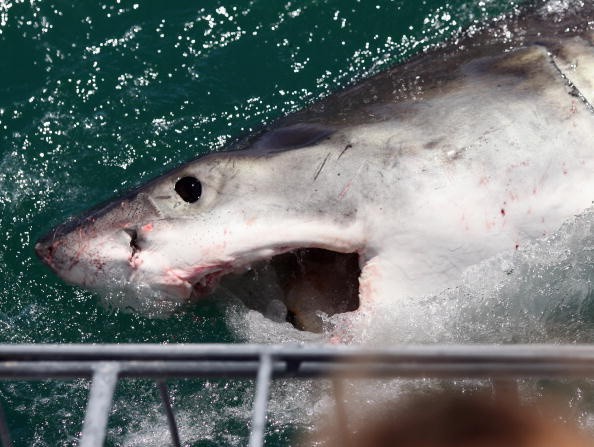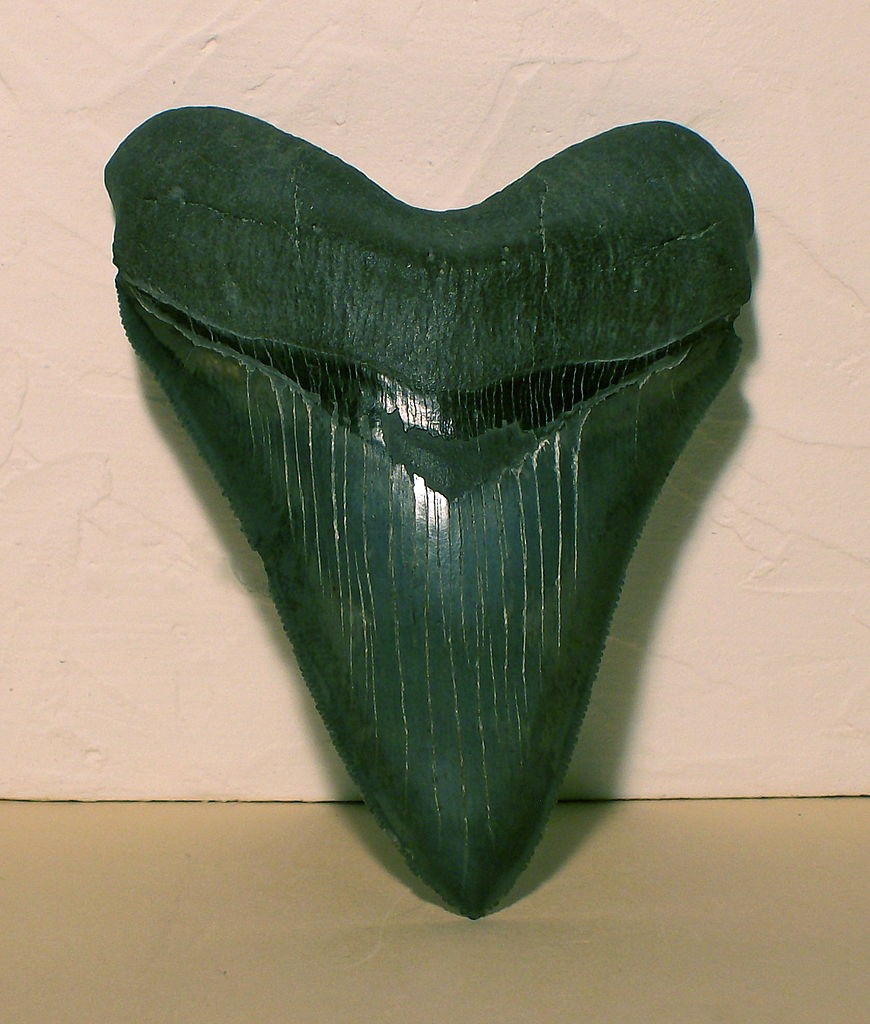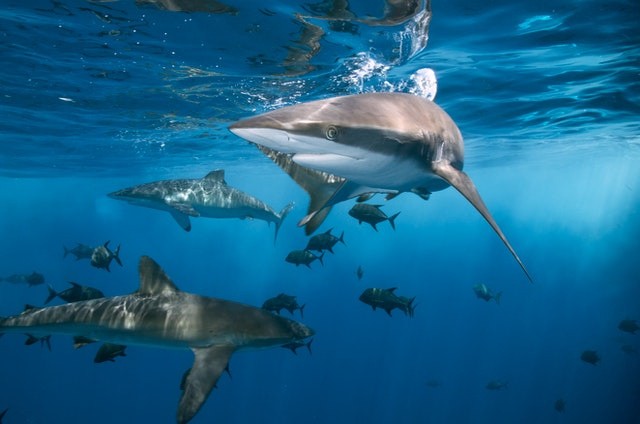.The apex predator is not a "mindless murderer," and a greater understanding of why sharks are the way they are is necessary.

Sharks have changed our seas into the diverse ecosystems we see today as a result of their evolution. Sharks play a vital role in the ecosystem as apex predators (animals at the top of the food chain), helping maintain the health of the species below them in the food chain by removing the weak and sick and keeping the ocean and fish populations healthy.
How Old are Sharks as a Species?
The majority of today's sharks date from more than 100 million years ago. The majority of fossils are teeth, which are typically found in enormous quantities. In addition, there have been partial skeletons and even entire petrified remains recovered.
Sharks have been present for about 450 million years, whereas the first tree was roughly 350 million years ago. Thus, sharks are not only older than trees, but they are also one of the only animals that have survived four of the five great extinctions.
Gigantic Megalodon

The megalodon (meaning big tooth) owned the waters 20 million years ago and was a close cousin of today's great white shark. According to fossil evidence, they grew between 15 and 18 meters long and weighed more than 25 tons, dwarfing the great white (6 meters in length and 2.2 tons)!
Most Sharks are Color Blind
Despite their excellent vision, sharks are most likely colorblind, according to experts.
Because most sharks are color blind, which means that the colors on surfboards and wetsuits make little impact on a shark's perception of humans in the water; however, despite their color blindness, they are drawn to colors with strong contrast. These hues will be vivid yellow and orange in muddy waters.
How Many Shark Species are There?
Sharks, like people, exist in a variety of forms and sizes.
Sharks come in a variety of sizes and forms, with over 500 species to choose from. The gentle whale shark (Rhincodon typus) is the longest (and therefore the largest fish), reaching lengths of 39 feet (12 meters). Conversely, the dwarf lantern shark (Etmopterus perryi) is the tiniest, measuring just 8 inches long.
Sharks' Role in Maintaining Diversity

Sharks have an important role in maintaining the health of coral reefs, according to a 2017 study. A team of scientists from the University of Western Australia discovered that where there were better reefs, there were also many sharks present during a four-month excursion from Cairns to Broome. Small reef fish thrive and take care of the real corals because sharks manage the mid-sized predators.
These predators contribute to the development of healthy ocean ecosystems by affecting all levels of the food chain directly or indirectly. Moreover, this indirect regulation of prey species has the potential to impact the larger ecosystem. Sharks, for example, aid in the preservation of seagrass meadows by scaring their target, seagrass-eating turtles.
For more animal news, don't forget to follow Nature World News!
© 2025 NatureWorldNews.com All rights reserved. Do not reproduce without permission.





